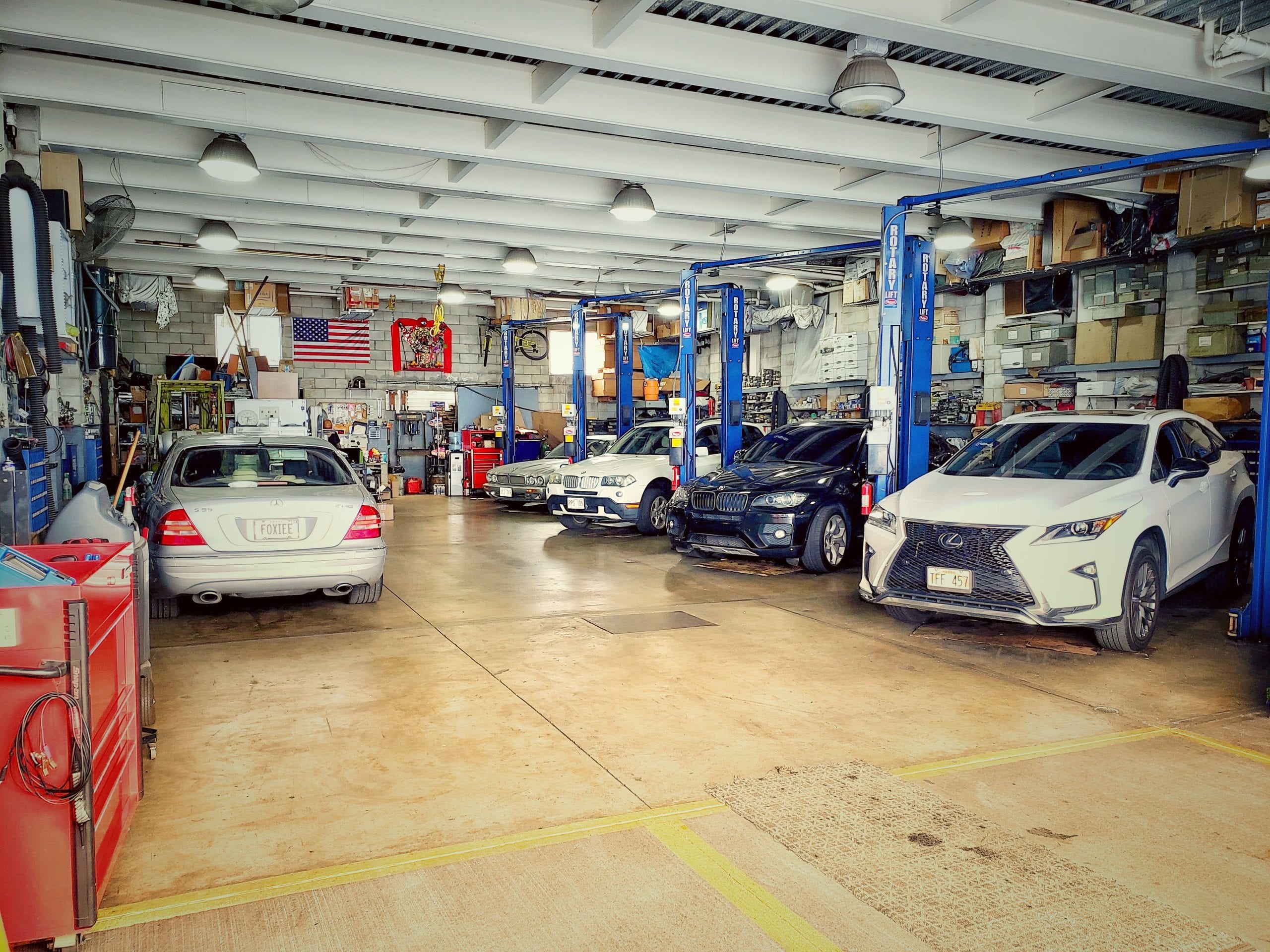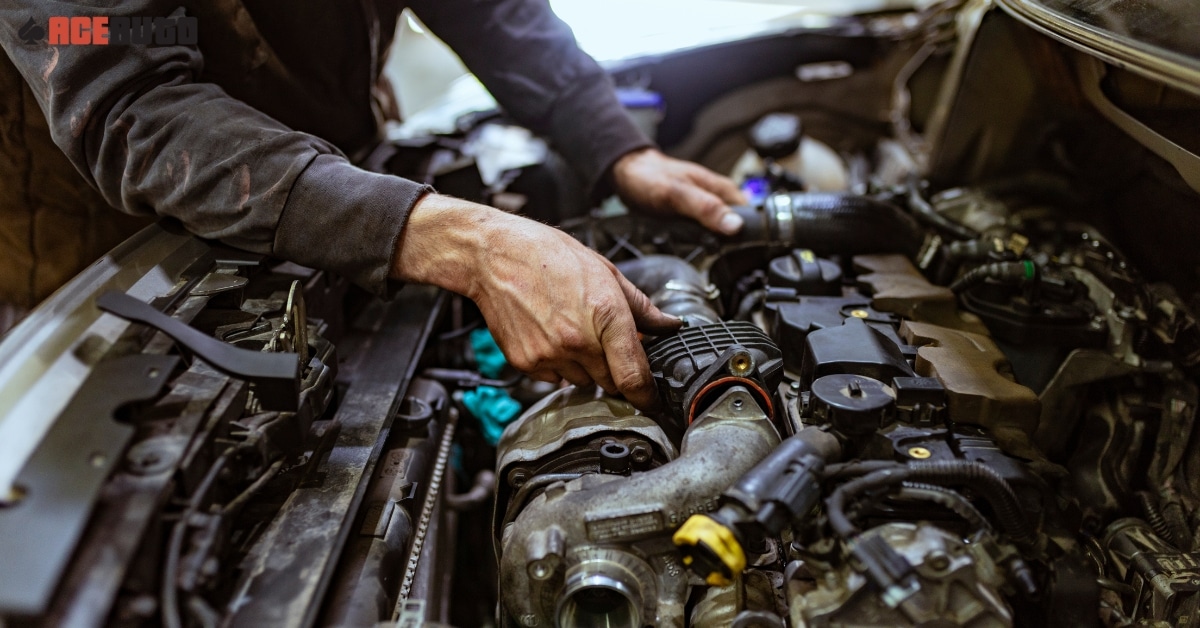All Categories
Featured

[/image]
Normal engine tune-ups are vital for preserving your lorry's efficiency, improving fuel efficiency, and expanding its life-span. Whether you're an experienced auto owner or a novice, understanding the vital facets of an engine tune-up can aid you keep your automobile running smoothly for several years. Below are some necessary ideas to lead you with the procedure.
- Change the Glow Plugs. Stimulate plugs are little yet mighty parts that play a crucial duty in igniting the fuel-air mix in your engine. Gradually, they can wear or come to be fouled, resulting in poor engine efficiency, minimized gas efficiency, and tough beginnings.
Throughout a tune-up, inspect your ignition system for wear and replace them as necessary. For a lot of lorries, spark plugs must be replaced every 30,000 to 100,000 miles, depending upon the type and material. Fresh spark plugs ensure reliable burning and smoother engine procedure.
- Examine and Change the Air Filter. The air filter is your engine's initial line of defense versus dirt, debris, and various other pollutants. A clogged or dirty air filter can restrict air flow, causing your engine to function tougher and take in more fuel.
Examine your air filter during a tune-up and change it if it's unclean or previous its preferred solution interval. A clean air filter enhances engine performance and improves gas economy.
- Check the Fuel System. Gradually, your fuel system can collect dust and carbon deposits, reducing engine efficiency and gas performance. Cleaning the gas injectors and fuel lines during a tune-up assists maintain proper gas distribution and burning.
You can use a fuel system cleaner or have a specialist mechanic do a much more thorough cleansing. This step is especially helpful for older vehicles or vehicles frequently driven in stop-and-go website traffic.
- Inspect the Belts and Pipes. Belts and pipes are vital for different engine features, such as running the generator, water pump, and air conditioning. During a tune-up, look for splits, fraying, or indicators of endure these components.
Change any worn-out belts and pipes to stop prospective break downs. A broken belt or dripping pipe can lead to engine getting too hot or loss of power, so resolving these problems immediately is vital.
- Change the Engine Oil and Oil Filter. Engine oil is essential for oiling moving parts, lowering rubbing, and regulating engine temperature level. Over time, oil becomes polluted and sheds its efficiency.
As part of a tune-up, change the engine oil and oil filter. Utilize the sort of oil advised by your vehicle's manufacturer and stick to the suggested change intervals. Tidy oil keeps your engine running smoothly and avoids early wear.
- Examine the Battery and Charging System. A healthy and balanced battery is crucial for beginning your automobile and powering its electric systems. During a tune-up, inspect the battery's voltage and inspect the terminals for deterioration. Clean the terminals if required and make certain a safe and secure link.
Additionally, examination the generator and charging system to ensure your battery remains charged throughout procedure. If your battery is weak or old, consider changing it to prevent unexpected breakdowns.
- Flush and Refill the Coolant. The air conditioning system manages your engine's temperature level, avoiding it from overheating. Old or polluted coolant can shed its effectiveness, bring about possible engine damage.
During a tune-up, purge the old coolant and change it with a fresh mix. Also, check the radiator, thermostat, and tubes for leakages or damage. Keeping the cooling system in excellent condition guarantees your engine operates at the ideal temperature level.

- Address Caution Lights and Uncommon Symptoms. Modern lorries are furnished with analysis systems that notify you to potential issues with control panel warning lights. If your check engine light or any kind of various other advising indicators get on, resolve them throughout your tune-up.
Additionally, pay attention to unusual signs and symptoms such as weird sounds, rough idling, or reduced fuel effectiveness. An expert technician can diagnose and fix these issues throughout the tune-up process.
- Don't Fail To Remember the Exhaust System. Your vehicle's exhaust system eliminates damaging gases from the engine and makes certain correct exhausts. Evaluate the exhaust system for leaks, corrosion, or damage during a tune-up. A damaged exhaust system can affect engine efficiency and result in ecological and safety and security issues.
- Use High-Quality Components and Fluids. When changing parts or rounding off fluids during a tune-up, always select high-quality products that satisfy your vehicle's specs. Making use of subpar parts or inaccurate liquids can negatively affect your engine's performance and longevity.
Verdict: Normal Tune-Ups Are Trick to Engine Health And Wellness. Making the effort to tune up your engine ensures it runs effectively, conserves fuel, and lowers the threat of malfunctions. Whether you perform these jobs yourself or rely upon a relied on auto mechanic, normal tune-ups are an investment in your vehicle's dependability and longevity. Follow these suggestions, and you'll delight in a smoother, extra reputable adventure for years to find.
Latest Posts
Uncover Exceptional Car Repair Solutions from Montclare Auto Repair – Keep Your Car Running Smoothly
Explore Premier Vehicle Maintenance Services from Montclare Auto Repair – Keep Your Car Running Smoothly
Specialist Business Roofing Solutions in North Platte, Nebraska
More
Latest Posts
Uncover Exceptional Car Repair Solutions from Montclare Auto Repair – Keep Your Car Running Smoothly
Explore Premier Vehicle Maintenance Services from Montclare Auto Repair – Keep Your Car Running Smoothly
Specialist Business Roofing Solutions in North Platte, Nebraska